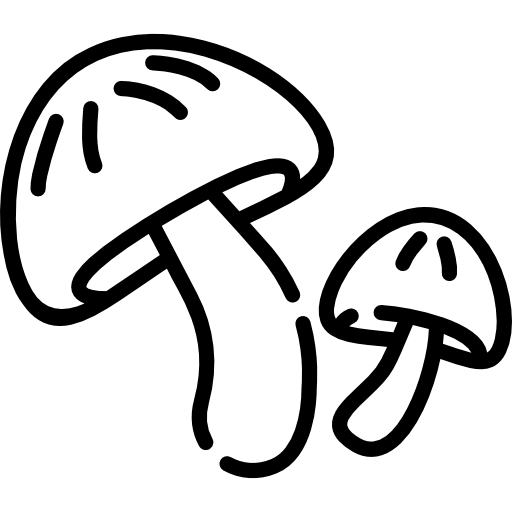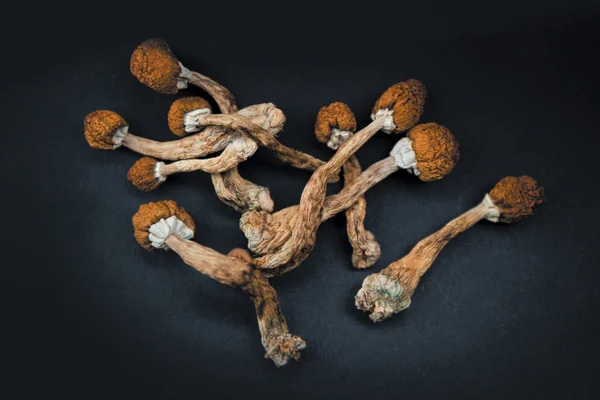Psilocybin may boost resilience to stress
. For this study — which was led by Kat Kiilerich, a doctoral researcher at the University of Southern Denmark — the researchers gave rats microdoses of psilocybin for 21 days.
After that time period, researchers discovered the rats tolerated the repeated microdoses of psilocybin well. They also did not show any signs of reduced pleasure, anxiety, or altered locomotor activity, which involves movement from one location to another.
Dr. Mikael Palner, associate professor, and head of the preclinical imaging core facility in the Research Unit for Clinical Physiology and Nuclear Medicine at the University of Southern Denmark, last author of this study, explained that the research team opted for microdoses of psilocybin because higher doses were likely to have the opposite effect, and to worsen mental health symptoms.
“It’s been shown that high doses [do] all of this, and that these [ill] effects mimic schizophrenia phenotypes [traits],” he told Medical News Today.
“Animals who are dosed with high chronic doses of LSD have even been used as models of schizophrenia. So yes, we were a bit happy that this was not the case for chronic low doses of psilocybin,” he said.
The scientists found that the repeated microdosing of psilocybin increased the rats’ stress resiliency, and they displayed fewer compulsive behaviorsTrusted Source.
“From RedditTrusted Source and other forums, we knew that people microdosed for obsessive-compulsive disorder (OCD), so the reduction in compulsive behaviors was our working hypothesis all the way,” Dr. Palner explained.
“It wasn’t until peer review that a clever reviewer assisted in redesigning the sucrose preference test, we had previously done that we noticed the resilience to stress. Compulsive actions and stress are tightly linked, and many psychiatric diseases are also worse in periods of high stress,” he added.
Continue Reading: Medical News Today









